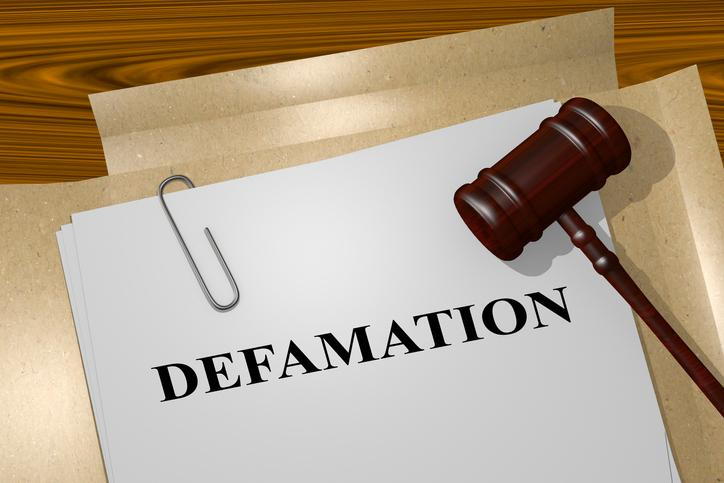Defamation Lawsuits: Navigating the Legal Terrain of Reputation Protection
by Arjun Dev

Defamation lawsuits are legal actions taken by individuals or entities to protect their reputation against false statements made by others. These lawsuits play a crucial role in upholding individuals’ rights to their reputation and holding accountable those who spread false information. Let’s delve into the complexities of defamation lawsuits, including their key elements, legal standards, and common FAQs.
Table of Contents
ToggleUnderstanding Defamation:
Defamation is a false statement made by one party about another that harms the reputation of the person or entity being defamed. There are two types of defamation: libel, which refers to written defamation, and slander, which refers to spoken defamation. To succeed in a defamation lawsuit, the plaintiff must prove that the statement was false, defamatory, and published to a third party, among other elements.
Key Elements of a Defamation Lawsuit:
- False Statement: The statement in question must be false. Truth is a complete defense to a defamation claim.
- Publication: The false statement must be communicated to a third party, either orally (slander) or in writing (libel).
- Harm: The false statement must have caused harm to the plaintiff’s reputation, resulting in tangible damages.
Legal Standards for Defamation: Defamation laws vary by jurisdiction, but generally, the plaintiff in a defamation lawsuit must prove the following:
- Fault: Depending on the status of the plaintiff (public figure or private individual), different standards of fault apply. Public figures must prove actual malice, meaning the false statement was made with knowledge of its falsity or reckless disregard for the truth.
- Damages: In some cases, the plaintiff must prove actual damages, such as financial loss or harm to reputation. In other cases, damages are presumed.
FAQs:
Q: Can an opinion be defamatory?
A: Generally, opinions are protected by the First Amendment and cannot be the basis for a defamation claim. However, if an opinion implies false facts that are harmful to someone’s reputation, it may be considered defamatory.
Q: Can I be sued for defamation for something I post on social media?
A: Yes, defamatory statements made on social media can lead to defamation lawsuits. It’s important to be mindful of what you post online and ensure that your statements are based on facts.
Q: How can I defend myself against a defamation lawsuit?
A: Defenses to defamation include truth, opinion, privilege (such as a statement made in court), and consent (if the plaintiff consented to the statement).
Conclusion:
Defamation lawsuits are complex legal actions that require careful consideration of the facts and legal standards. While they serve as a vital tool for protecting reputation, they also underscore the importance of responsible communication and adherence to truth in public discourse. Understanding the elements and legal standards of defamation can help individuals and entities navigate the legal terrain of reputation protection.
Also Read:
https://jetbiography.com/laura-vandervoort-biography/
Share this post:
Defamation lawsuits are legal actions taken by individuals or entities to protect their reputation against false statements made by others. These lawsuits play a crucial role in upholding individuals’ rights to their reputation and holding accountable those who spread false information. Let’s delve into the complexities of defamation lawsuits, including their key elements, legal standards,…